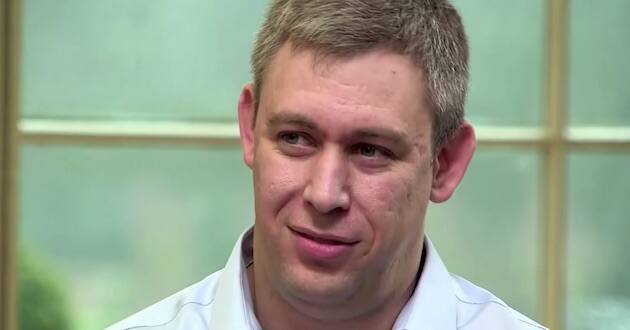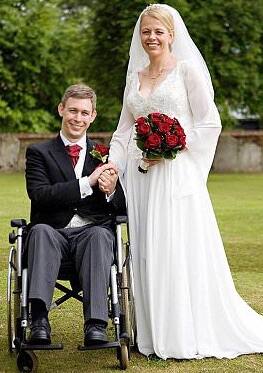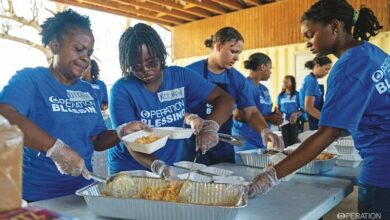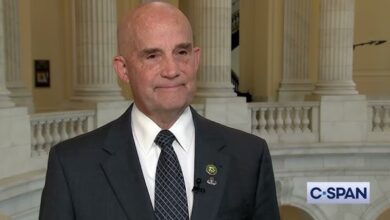Awaking from 12 years in a “vegetative state,” man says “I was aware of everything”

Trapped in a body and unable to respond, Martin Pistorius awoke to tell shocked doctors and family he was aware of every minute, including unspeakable abuse while in his “vegetative state.”
In the 1980’s, 12-year-old Martin Pistorius became seriously ill with what doctor’s believed was Cryptococci Meningitis. His health started deteriorating and Martin lost his ability to move, make eye contact and even speak to others. His doctors told his parents, Rodney and Joan Pistorious, to bring him home and let him die. They told them he was as good as a vegetable.
However, he didn’t die.
Joan said, “Martin just kept going, just kept going.”
According to NPR news, his father would get up at 5 o’clock in the morning, get him dressed, load him in the car, take him to the special care center where he’d leave him. Rodney said, “Eight hours later, I’d pick him up, bathe him, feed him, put him in bed, set my alarm for two hours so that I’d wake up to turn him so that he didn’t get bedsores.”
For twelve years, Martin’s family cared for him without any sign that he was improving. Joan started to despair and even told her son, “I hope you die.”
Today she acknowledges that was a horrible thing to say but says she just wanted some sort of relief. Remarkably, now Martin is 39-years-old and says he was totally aware of everything going on around him.
He said, “Yes, I was there, not from the very beginning, but about two years into my vegetative state, I began to wake up. I was aware of everything, just like any normal person. Everyone was so used to me not being there that they didn’t notice when I began to be present again. The stark reality hit me that I was going to spend the rest of my life like that — totally alone.”
Unfortunately, Martin was even aware of his mother’s harsh words and began believing that no one would ever love him. He said, “You don’t really think about anything. You simply exist. It’s a very dark place to find yourself because, in a sense, you are allowing yourself to vanish.”
Martin spent most of those days at a care center where his caregivers played Barney reruns over and over again. They did this because they believed he was a vegetable too. He said, “I cannot even express to you how much I hated Barney.”
He shares how, for 10 years as a minor and into adulthood, with the caregivers and the others at the facilities thinking he was unresponsive and unaware, he was sexually abused.
Eventually, Martin became frustrated with being trapped in his own body and started to try and take control of his life. He learned to tell time by the rising and setting of the sun and would reframe even the ugliest of thoughts that haunted him like  his mother’s wish for him to die. “As time passed, I gradually learned to understand my mother’s desperation. Every time she looked at me, she could see only a cruel parody of the once-healthy child she had loved so much,” said Martin.
his mother’s wish for him to die. “As time passed, I gradually learned to understand my mother’s desperation. Every time she looked at me, she could see only a cruel parody of the once-healthy child she had loved so much,” said Martin.
Now Martin is married and has penned a memoir about his life. He has gained control of his body and in his book Ghost Boy, he writes, “My mind was trapped inside a useless body, my arms and legs weren’t mine to control and my voice was mute. I couldn’t make a sign or sounds to let anyone know I’d become aware again. I was invisible—the ghost boy.”
He shared his story in Kansas City during a TEDx Talk (below) several years ago.
Martin’s survival is a testament to how little we actually know about the human brain and a good reminder that we should value all life— even when we hear the terrifying words “your loved one is a vegetable” or in a “vegetative state” from a medical professional.
To hear how Martin returned to life, watch his TEDx Talk below or listen to the podcast at NPR.org and on iTunes.
–Sarah Zagorski | LifeSiteNews | Used in partership









